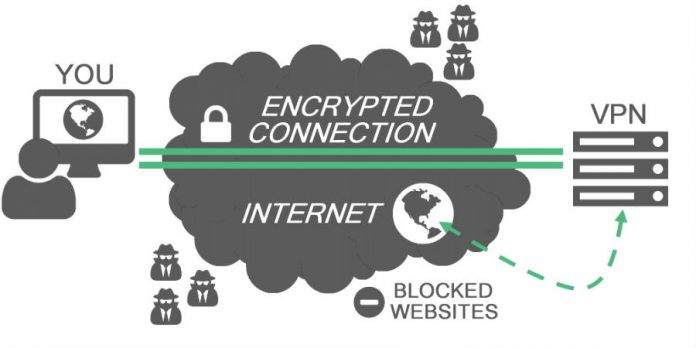
President Donald Trump recently signed and sealed a motion that rolls back internet privacy rules from the Obama-era. The decision has many wondering how best to protect themselves online now, and VPNs have risen as a potential solution.
Virtual Private Networks (VPN) basically provide safe, encrypted connections that redirect your data through a tunnel set between your computer and a private server. Technically, your identity remains hidden this way, but there are still loopholes.
Users are turning to VPN services in droves without knowing if they truly protect them. Their worries have only increased since several reports came up earlier this week that the FCC is planning to overturn net neutrality rules too swiftly.
How do I know if my VPN is trustworthy?
Short answer: you can test it, but it’s complicated. Different providers have different approaches to VPNs, and, as such, they set them up according to the service they want to offer.
As a result, some organizations may use encryption protocols that are not necessarily up to date and are prone to vulnerabilities and gaps. If your tunnel has holes, it means that your data can leak.
https://www.youtube.com/watch?v=0D3sX5-EAk4
Regardless of whether you are using a virtual network to bypass regional blocks, protect your identity, or just browse the web safely, a third party can still track using your IP.
To check that your VPN is stable and it isn’t leaking your IP address, you can always visit sites like What Is My IP Address to confirm you are clear. The numbers must be different from your ISP connection when you log in connected to the private network.
Are there alternatives to VPNs?
VPNs still have some flaws, though, including a noticeable slowdown of internet speeds and no protection against ads, which also track your information online.
What’s more, some of these firms do the very same thing some ISPs will do now that they have federal permission: they share and sell your data to third parties. The online community has widely tagged most of them, but you should still be careful when choosing a VPN.
Luckily, there is always a way to be more secure. You can download and use Tor as your default internet browser, or you could try your hand at setting up your virtual network.
Both of these options don’t require a lot of technical know-how, but they have their downsides like all things. The gross of end users should be fine using a reliable VPN to safeguard their browsing, but high-profile people may be better off using more sophisticated methods.
Some VPN services that are widely regarded as trustworthy are Tunnelbear, Freedome, Perfect Privacy, TorGuard, Black VPN, and others. You should do your own research, and always test your connection to ensure your data is safe after setting one of them up.
Source: Engadget










